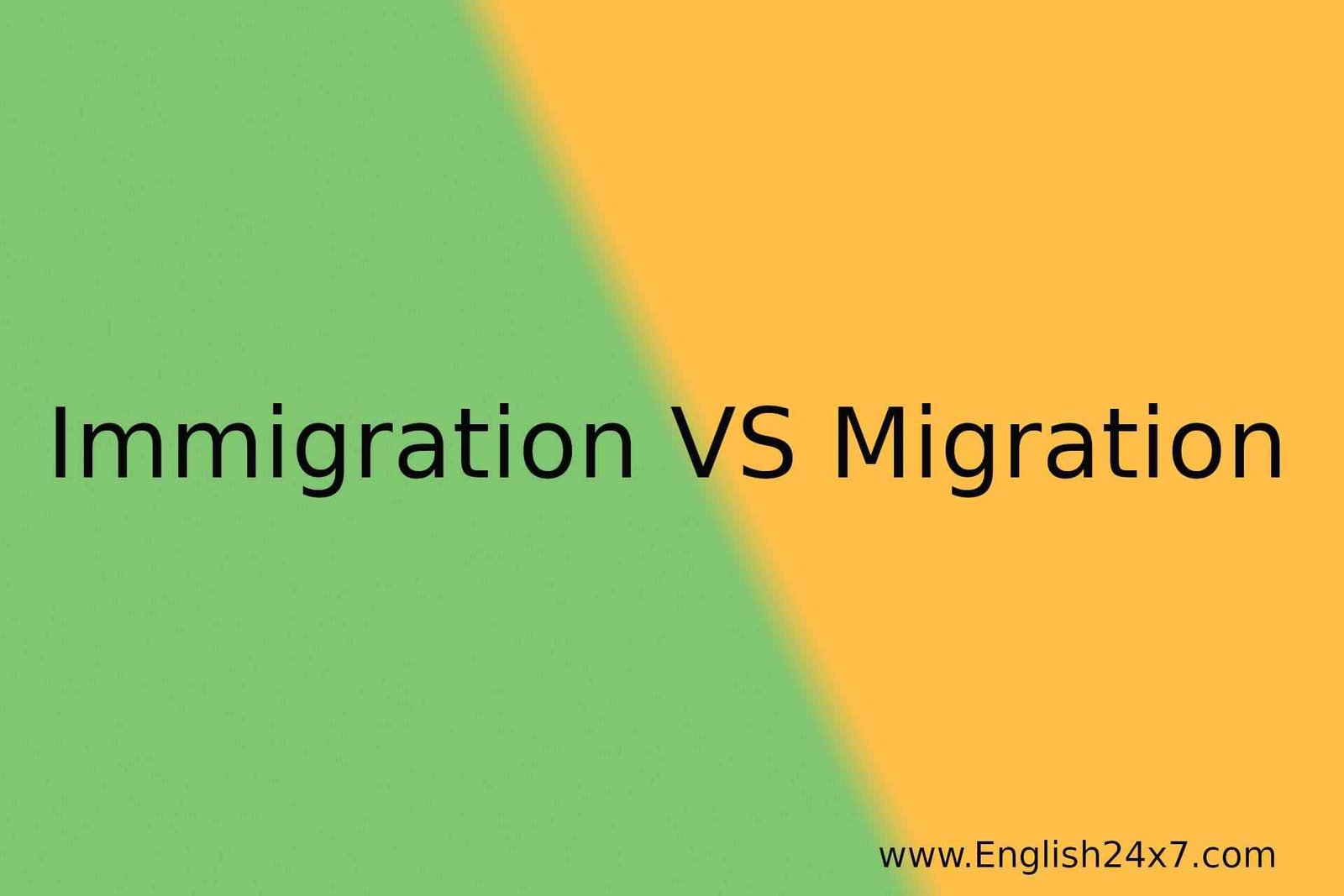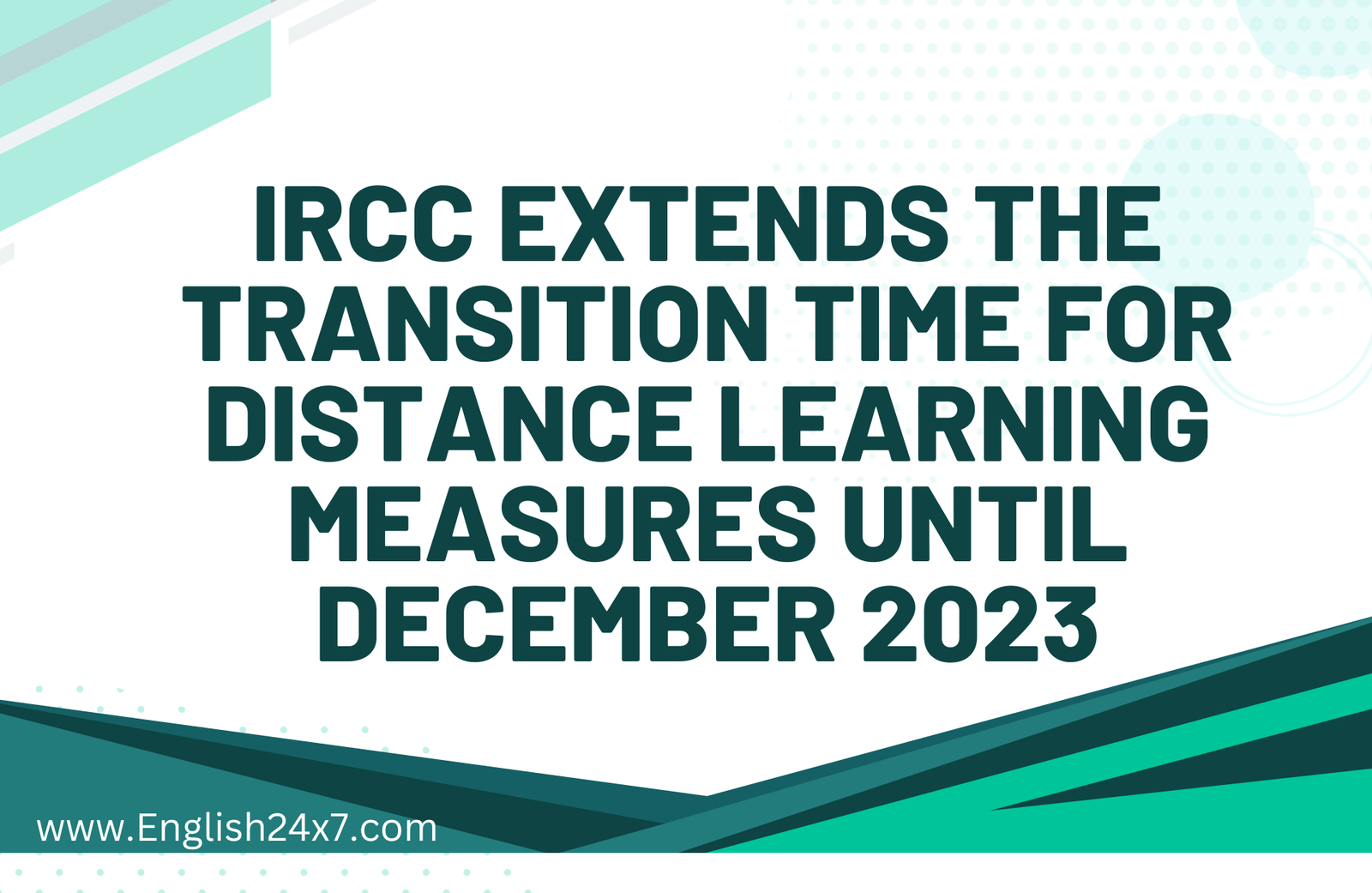
Canada's Student Direct Stream now accepts new language tests
As of August 10, 2023, Immigration, Refugees, and Citizenship Canada (IRCC) is giving applicants for the Student Direct Stream (SDS) four new English language tests that have been accepted.
The new list of acceptable language tests includes:
- Canadian English Language Proficiency Index Program (CELPIP) General;
- Canadian Academic English Language (CAEL); and
- Pearson Test of English (PTE) Academic;
- TOEFL iBT.
Students can also take the General Training or Academic tests from the International English Language Testing System (IELTS). On August 10th, the following changes to the IELTS standards for the SDS will also take effect:
- From August 10, 2023, if you want to apply with IELTS Academic, you need an overall band score of 6.0, which is the average of all the scores for each skill part;
- You will require a score of 6.0 in each of the four skills (speaking, listening, reading, and writing) if you submitted an IELTS Academic application before August 10th, 2023; and
- If you are applying with IELTS General Training, you will still need a 6.0 in each skill part, whether you apply before or after August 10, 2023.
To be qualified for the SDS, all test results must show that the person has a good command of one of Canada's official languages (English or French), including speaking, listening, reading, and writing skills.
Students who take the English test must get a total score of at least:
- 7 on the CELPIP General tests;
- 60 for CAEL tests;
- 60 for Pearson Academic tests;
- 83 on the TOEFL iBT.
Importantly, these tests must be taken in person. Tests that are proctored online or from a distance are not acceptable for SDS candidates.
The Student Direct Stream
The SDS is a program that makes it easier for foreign students from certain countries to get study permits faster. The goal of the scheme is to keep the processing time for eligible study permit applications at 20 calendar days.
Antigua and Barbuda, Brazil, China, Colombia, Costa Rica, India, Morocco, Pakistan, Peru, Philippines, Senegal, Saint Vincent and the Grenadines, Trinidad and Tobago, Vietnam, and others are on the list of qualified countries.
To be able to apply for SDS, students must:
- legal resident of one of the countries mentioned;
- Give a copy of an acceptance letter from a Canadian DLI (Designated Learning Institution).
- Show proof of an up-front medical checkup;
- Have or show proof that they have a $10,000 Guaranteed Investment Certificate (GIC);
- Show that the first year's school fees have been paid;
- Show proof that you took a language test within two years of sending in your application and that you got a number that qualifies for the SDS; and
- Visit a Visa Application Centre (VAC) to hand in their application.
Even if all of these eligibility requirements are met, an IRCC officer may still reject the application if they don't think it shows enough proof that the foreign student can meet the conditions of their stay in Canada.
This is because of the program rules for government officials. Here, you can learn more about how to improve your chances of getting a study pass.
Because of how well these programs worked, Canada had more than 800,000 international students by the end of 2022. This was the most international students the country had ever had.
Because of both internal and external causes, this number has grown by almost 10 times since 2008. Domestically, the Canadian government and DLIs are working harder to bring in foreign students because of their benefits to the economy, the diversity of society, and the cultural richness of the country.
The rise of middle-class people around the world has led to a rise in the number of foreign students. Canada is a hub for education because of the quality of its schools, its reputation as a multicultural country, and the good job and immigration opportunities it offers to students after they graduate.
This gives Canada an edge over even the United States, which has a very competitive foreign student market.







